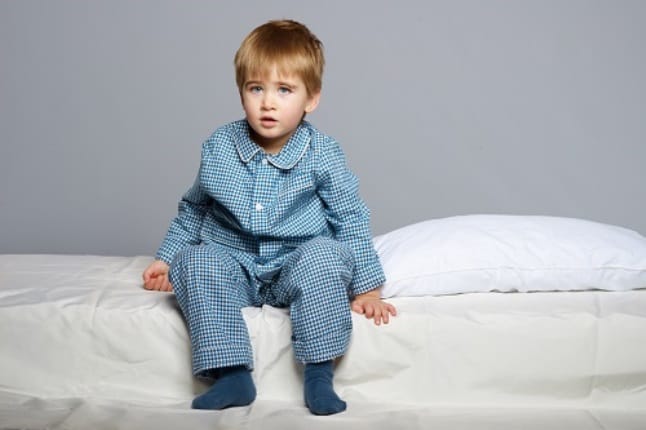
Bedwetting Symptoms and Treatment
Bedwetting Symptoms and Treatment
Bedwetting or nocturnal enuresis is the involuntary discharge of urine at night. Many children experience bedwetting as a part of their growing up process, and bed wetting is not a concern in most case until ages 5 or 6. However, in most cases bedwetting becomes a concern after that age. In this blog article, we talk about some of the common symptoms and enuresis treatment.
What you should be looking for?
Bed wetting is common and treatable. Here are some symptoms that can help you determine if your child is experiencing bedwetting.
- Repeated or frequent wetting of bed
- Dribbling or straining to hold back urine
- Wetting in the clothes
- Bedwetting for about three months at least twice
in a week - Sudden wetting of bed after being dry for 6 months
or over - Bed wetting accompanied with hard stools,
snoring or painful urination
If you see any or all of these symptoms or any other unusual signs such as extreme thirst or pink or red urine or a change in social and emotional behavior you might what to seek medical attention.
What you should ask your doctor?
Before visiting your doctor make a note of all you need to discuss. Here are a few common questions that you can ask during your doctor’s visit.
- What is causing the bed wetting?
- Can your child naturally outgrow bed wetting or
is treatment required? - What are your treatment options?
- Does the suggested treatment have any side
effects? - Are there any dietary or fluid restrictions?
- Ask for reading materials that can better
educate you and your child?
How is bedwetting diagnosed?
A visit to your child’s pediatrician can help you determine the cause and decide the treatment. Some of the things that may include the diagnosis are as follows:
- A quick check of medical history
- A physical exam to rule out any medical
conditions - Lab tests may include urinalysis to check for
infections - Tests to measure blood sugar to rule out
diabetes (diabetes is one of the physical conditions that could result in
incontinence) - Other tests such as imaging and X-rays of
kidneys or bladder to rule out any structural problems with the urinary
tract - If there are no medical conditions the doctor
may evaluate the child’s emotional situation
Talk to your child about bedwetting and do not punish him for something that is not his fault. Limit his/her fluids before bedtime but let them not be thirsty too. Medicines can help prevent bedwetting however, all medications come with some side effect. For a successful treatment try using a bedwetting alarm they condition your child’s brain to establish a connection with the bladder. You can choose from wearable bedwetting alarm or bedside bedwetting alarm according to your child’s comfort and need.
Visit Chummie – The World’s Best Bedwetting Alarm for buying a bedwetting alarm tips, advice and support.




No Comments
Sorry, the comment form is closed at this time.